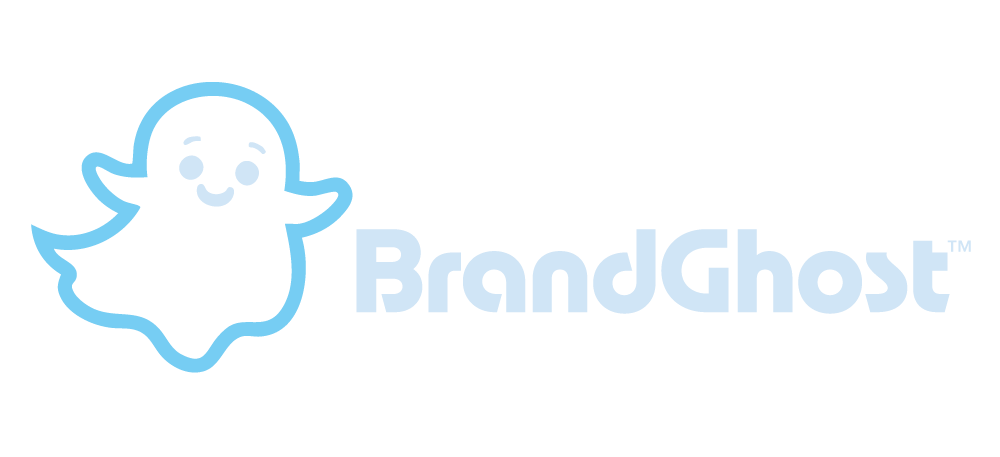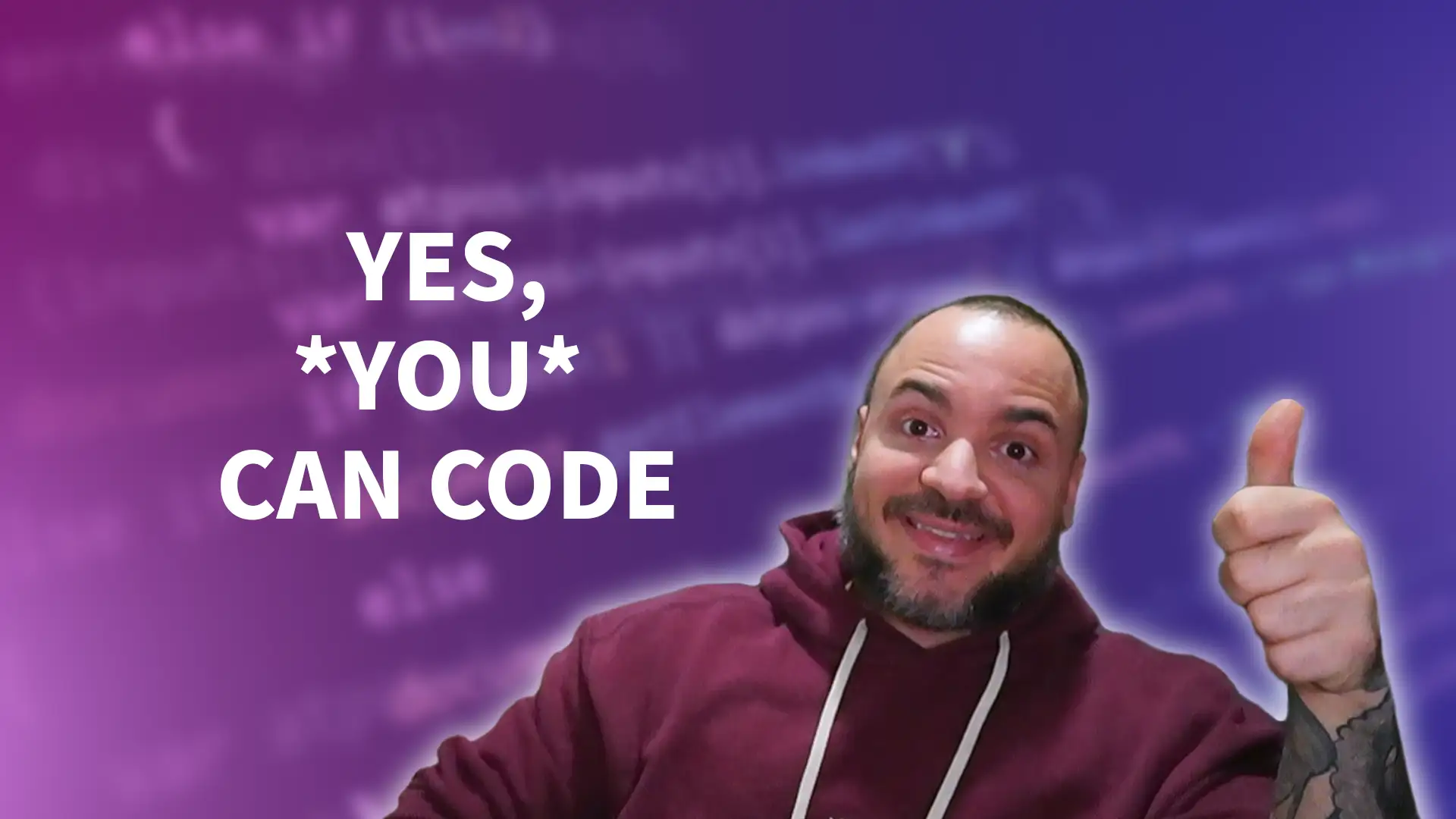In today's world, knowing how to program can be extremely beneficial. It's behind many of the tools and platforms we use daily and backs every industry that you can think of. However, for many beginners, the idea of learning to code can be intimidating. This article aims to demystify the process and help you understand how to learn coding for beginners. That's right - You can write code.
Coding is the process of creating software, apps, and websites. Everything from our computers to our phones relies on code. As the digital age progresses, the demand for coding skills in the job market increases, making it a valuable skill to learn.
Many believe that coding is only for those who are good at math or that it's too late to start learning in adulthood. These are misconceptions. Coding is a skill that anyone can learn at any age. It requires practice and persistence, much like learning a new language. Let's see how to learn coding for beginners!
Understanding the World of Programming
What is Coding?
At its core, coding is giving instructions to a computer to perform specific tasks. It's how we communicate with machines to create software, apps, and websites. Through coding, we can bring ideas to life in the digital space.
Many people use coding synonymously with programming, software development, software engineering, etc... Often I feel like it may be a bit pedantic to try breaking these things into their actual definitions. Generally, most people are referring to software development in general, but there are nuances in the words.
Specifically, "coding" is writing the actual code that will be instructions for the computer to execute. Other terms like programming, software development, etc. all start to incorporate other aspects like problem-solving and other aspects of developing software.
Different Programming Languages and Their Uses
There are many programming languages, each with its own purpose. In fact, there are SO many programming languages it would be ridiculous to sit here and try to list them all. Just look at this Wikipedia page listing the programming languages. Yikes!
Here are several programming languages that you'll probably hear about or have already heard about:
- Python: Often recommended for beginners, it's versatile and used in web development, data analysis, and more.
- JavaScript: Essential for web development, it makes websites interactive.
- Java: Widely used, especially in large companies, and is the primary language for Android app development.
- C#: Developed by Microsoft, a widely used language that can be used for desktop, mobile, and web development across various platforms.
Choosing a language often depends on what you want to achieve, whether it's building a website, analyzing data, or creating a mobile app.
Setting the Right Mindset
Embracing the Learning Curve
Every coder, no matter how experienced, started with a blank screen and a sense of curiosity. It's essential to understand that everyone begins their coding journey without knowledge, making mistakes and learning from them. And to be clear, I totally get it - If you look anywhere on the Internet we're bombarded with courses and bootcamps promising that you'll be a coding expert in no time at all. But it's not realistic to expect mastery like this.
Coding, like any skill, has its challenges, but persistence and resilience are key. Over time, concepts that once seemed complex become second nature. Remember, every coder was once a beginner, and every expert has faced and overcome challenges along the way! You need to keep applying yourself over time and true expertise will take years just like any other skill we learn.
Celebrating Small Wins
There's a unique satisfaction in writing your first line of code and seeing it work. These moments, however small, are milestones in your coding journey. It's essential to recognize and celebrate these achievements. There's psychology around this that I'm not an expert in, but being able to reward yourself for the effort put into something is much more sustainable (and leads to a happier and more fulfilling life) than just chasing big goals and hoping you'll be happy at the end.
Track your progress, no matter how minor it might seem. Setting short-term, achievable goals can help maintain motivation and provide a clear direction in your learning process. Each step is an opportunity to remind yourself you're making progress and that it's a rewarding journey to be on!
Choosing Your First Language
Factors to Consider
When deciding on your first programming language, several factors come into play. Consider your personal interests: Do you want to develop websites, or mobile apps, or perhaps delve into data analysis? Additionally, research the job market to understand which languages are in demand. Lastly, consider community support. Some languages have vast and active communities, which can be invaluable for beginners seeking help and resources.
If you're looking for more information, check this out for how to start with your first programming language. I talk about these topics more in-depth to try and highlight that it's not all about what everyone's favorite language of the day is. It's about aligning a language with your goals and reminding you that you can transfer nearly all of your skills from one language to another. You can also check out this video oo about beginner programming languages:
Recommendations for Beginners
If you're still feeling lost after checking out this article, here are some ideas to consider. This is based on popular responses from other software developers trying to guide new programmers.
- Python - For those new to coding, Python is often recommended. Its syntax is straightforward, making it easier to grasp for those unfamiliar with programming concepts. It's also incredibly versatile, used in everything from web development to artificial intelligence. This can allow you to focus on the actual coding part without the overhead of worrying about other aspects of software development. More focus on learning!
- JavaScript (or TypeScript) - On the other hand, JavaScript is crucial for anyone looking to delve into web development. With its ability to add interactivity to websites and its vast ecosystem, it's a valuable language to learn.
- C# - Personally, I will throw C# into the mix as a great beginner language. This is because in recent years the designers of the language have been removing extra bloat, making it much easier for new programmers to start with. It's also extremely versatile, so regardless of what types of software you'd like to build C# can likely be used. Additionally, there's a large and active community for it.
All of these languages have extensive communities, ensuring that beginners have access to numerous resources and support.
Hands-on Practice: The Key to Mastery
Building Mini Projects
Starting with small, beginner-friendly projects is a great way to solidify your understanding of coding concepts. For instance, if you're learning web development, you might begin by creating a personal portfolio website or a simple calculator. If you're into Python, a basic to-do list application or a number-guessing game can be a good start.
Engaging in these practical applications not only reinforces what you've learned but also gives you tangible results that boost confidence and motivation. In fact, I'd say you start to learn so many of the other elements of software development that aren't just theory and code when you start building things. How do you refactor code? How do you use source control to checkpoint your development? How do you change implementations without breaking everything?
Just reading about things does not give you the hands-on experience to navigate these situations effectively. Check out this video for more ideas for beginner projects to build:
Joining Coding Challenges
Platforms like LeetCode or HackerRank offer coding challenges that range from beginner to advanced levels. These challenges provide an opportunity to apply your skills in a variety of problem-solving scenarios. Additionally, they often come with a community where you can discuss solutions, learn different approaches, and engage with other learners and professionals.
Personally, these are not the preferred ways that I would recommend folks learn because I think they become hyper-focused on them. Practicing LeetCode problems will train you very well to be a competitive programmer, but it's missing a lot of other elements of software development. These options do add an element of fun to the learning process and can be a great way to benchmark your progress, so I don't want to dismiss them entirely. I think you can find ways to include them as long as they don't take over as the only way you code.
Staying Motivated and Overcoming Obstacles
Common Challenges for Beginners
Every beginner faces challenges. It's not uncommon to feel frustrated when a piece of code doesn't work or to feel overwhelmed by the vast amount of information available. Imposter syndrome, a feeling that you don't belong or aren't good enough despite evidence to the contrary, can also creep in.
It's essential to recognize that these feelings are common and that every coder, at some point, has faced them. Remember, every challenge is an opportunity to learn and grow.
Tips for Continuous Learning
- Setting a Routine: Consistency is key. Even if it's just 20 minutes a day, regular practice can lead to significant progress over time.
- Seeking Feedback: Don't hesitate to share your work with others, be it peers, mentors, or online communities. Feedback can provide new perspectives and areas for improvement.
- Staying Updated: The tech industry is always evolving. Regularly check industry news, attend webinars, or participate in workshops to stay informed about the latest trends and best practices. And remember - Try applying what you're learning!
Conclusion
To learn coding for beginners, it's a big first step that can feel overwhelming. However, it opens doors to endless possibilities in the digital age. While the path to becoming proficient in coding is filled with challenges and learning curves, the rewards, both personal and professional, are immense.
Remember, every coder started as a beginner, and every piece of code, no matter how small, is a step forward. With persistence, hands-on practice, and continuous learning, you'll not only acquire a valuable skill but also gain the confidence to innovate and shape the digital landscape.
Stay curious, stay committed, and embrace the world of coding with an open heart and mind. If you'd like to accelerate your learning by actively receiving software engineering content every weekend, subscribe to my newsletter!

